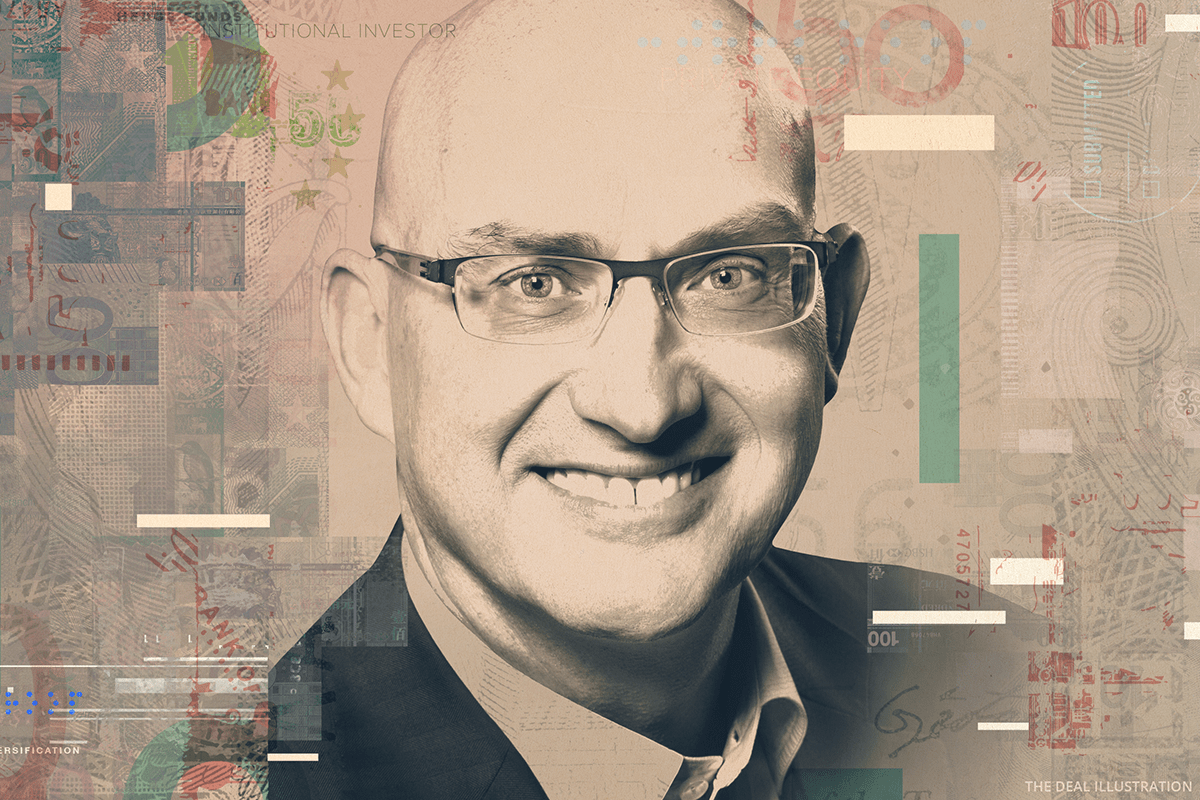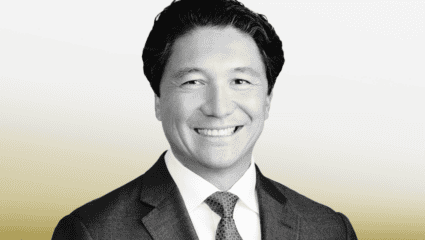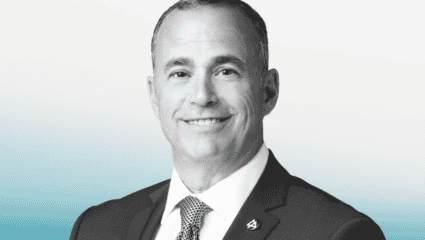Behind the Buyouts: Great Hill Re-Ups Wayfair Amid Uncertainty

Welcome to Behind the Buyouts, The Deal’s podcast where we sit down with a leading private markets investor and drill down into their buyout, growth equity and venture capital deals.
For this edition, Great Hill Partners LP co-founder and managing partner Christopher S. Gaffney reflects on the firm’s investment in Wayfair Inc. (W), why other PE firms also made similar moves and how the Covid-19 economic upheaval compares with past downturns.
Great Hill Partners first invested in Wayfair in 2011. It backed the online home products retailer’s initial public offering in 2014 and still maintains a seat on its board of directors. So when the stock took a dip last March with the overall stock market, the Boston firm made a quick decision to invest in Wayfair yet again.
The firm teamed up with Charlesbank Capital Partners LLC to purchase $535 million in senior debt, convertible to common stock at a price of $72.50 a share. The Spruce House Partnership also took part in the deal.
Although the stock was trading at around $50 a share at the time, Gaffney felt strongly that public investors had misjudged the fundamental strength of the company.
“The stock market got it really wrong, and it created an opportunity for us,” Gaffney said. “The management team could pull on a number of levers to make their business more profitable, and it turned out that in a pandemic, being an online seller of home goods is a really good place to be.”
Wayfair was one of several large convertible stock offerings in recent weeks including L Catterton’s participation in a $400 million exchangeable senior notes offering from Norwegian Cruise Line Holdings Ltd. (NCLH); Apollo Management Inc. (APO) and Silver Lake Partners LP also took part in a $1.1 billion preferred nonconvertible transaction with Expedia Inc. (EXPE), among others.
Gaffney said companies turned to PE firms to shore up cash and make it through an expected recession.
“For various companies that are affected in different ways, if you need capital when the capital markets are shut down, negotiating a private deal is one of the only ways you can raise it,” Gaffney said.
For PE firms with plenty of dry powder, larger public companies offer less risk at a what could be seen as a good price, he said.
Gaffney also reflected on the Covid-19 economic crisis and ranked it at least as formidable as any of the big economic disruptions in recent decades.
More podcasts from The Deal are available on iTunes, Spotify and on TheDeal.com.



